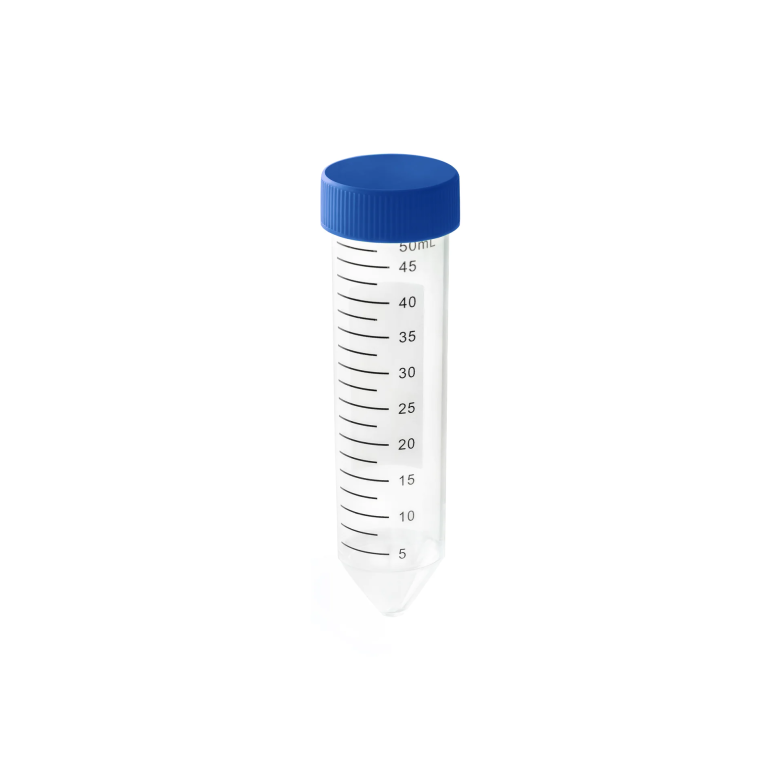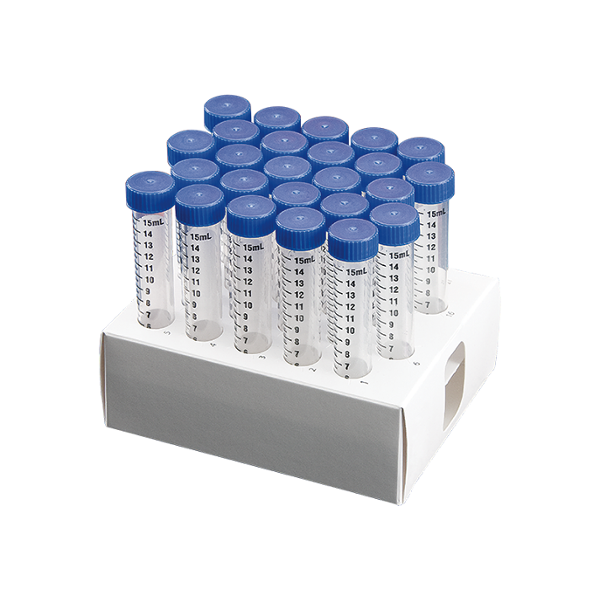Yes, polypropylene is one of the most common plastic materials used to make cryovials. Some key reasons why polypropylene is well-suited for cryovials are:
– Temperature resistance – Polypropylene has excellent low-temperature resilience and does not become brittle even at temperatures as low as -196°C (liquid nitrogen temperature). This makes it ideal for ultra-low temperature sample storage.
– Chemical resistance – PP offers high resistance to a wide range of acids, bases, solvents, and salts. This prevents chemical interaction between the plastic and the stored biological samples.
– Serializability – Polypropylene can withstand high temperatures needed for autoclaving/steam sterilization. This allows the reuse of cryovials.
– Strength – Polypropylene has good tensile strength and impact resistance at low temperatures. This prevents cracking or breaking of the vials during freezing and thawing cycles.
– Clarity – Transparent polypropylene provides good visibility of the sample content within the vial.
– Cost – Polypropylene is a relatively affordable plastic resin, keeping cryovials cost-effective.
– FDA compliance – Medical-grade polypropylene cryovials meet FDA regulations for biocompatibility.
– Lightweight – Low density of polypropylene results in lightweight vials suitable for long-term sample storage.
So in summary, the inherent properties of polypropylene plastic make it a very popular choice for manufacturing cryovials across different sizes and specifications. The material’s stability and inertness at ultra-low temperatures is especially valuable.


